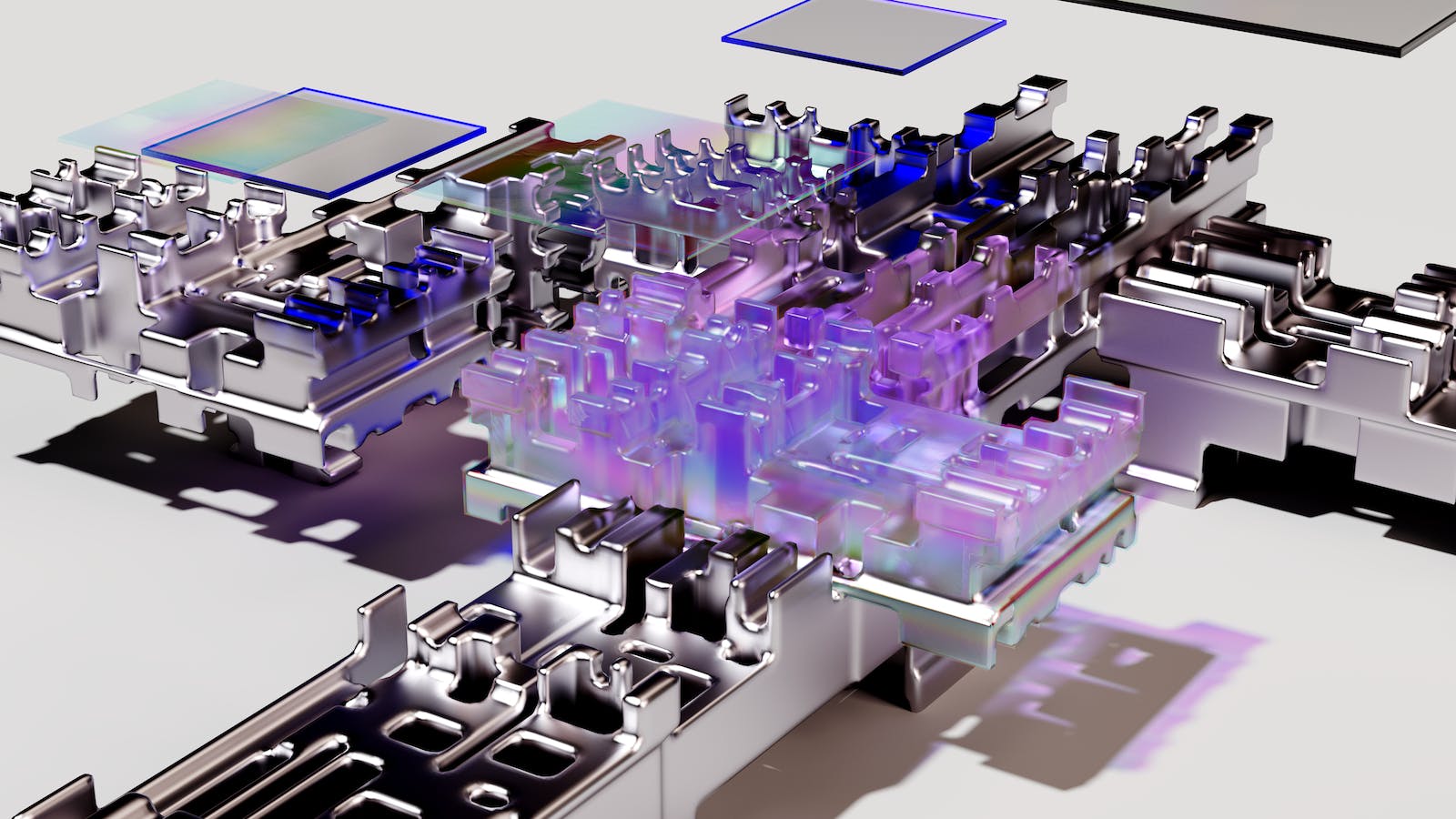Estimated reading time: 7 minutes
Artificial Intelligence (AI) has been transforming the world for decades, but the rise of AI agents—autonomous software entities capable of perceiving their environment, making decisions, and executing tasks—marks a pivotal shift in its trajectory. These agents are rapidly evolving, driven by advancements in machine learning, natural language processing, and robotics. This article explores the future of AI agents and their far-reaching impacts across industries, societies, and individual lives.
The Evolution of AI Agents
AI agents have transitioned from basic chatbots to sophisticated systems capable of handling complex tasks. Early iterations, like rule-based systems, were limited in scope and functionality. Modern AI agents leverage deep learning and neural networks to understand context, learn from data, and adapt over time.
Key milestones in the evolution of AI agents include:
- Natural Language Processing (NLP): Tools like OpenAI’s GPT series enable AI agents to understand and generate human-like text, facilitating seamless communication.
- Reinforcement Learning: AI agents use this to improve their decision-making abilities by interacting with their environment and learning from outcomes.
- Integration with IoT: AI agents now interact with physical devices, such as smart home systems and autonomous vehicles, expanding their utility.
- Multi-agent Systems: These involve multiple AI agents collaborating to solve problems, mimicking team dynamics seen in human groups.
- Advanced Robotics: Robotics powered by AI agents are being developed to perform complex physical tasks in industries like healthcare, agriculture, and disaster response.
Capabilities and Applications
The capabilities of AI agents are vast, encompassing:
- Automation of Repetitive Tasks: AI agents excel at automating mundane tasks, such as data entry, scheduling, and customer support.
- Personalization: From recommending products on e-commerce platforms to curating news feeds, AI agents deliver personalized experiences.
- Real-time Decision Making: AI agents in autonomous vehicles or financial trading make split-second decisions based on real-time data.
- Enhanced Creativity: Tools like DALL•E and ChatGPT assist in creative tasks, from generating artwork to drafting marketing copy.
- Problem Solving: AI agents can analyze vast datasets to identify patterns and provide solutions in areas like supply chain optimization and urban planning.
Applications Across Industries:
- Healthcare: AI agents assist in diagnostics, patient management, and even surgery. Virtual health assistants monitor chronic conditions and provide medication reminders.
- Education: Personalized tutoring systems adapt to individual learning styles. AI agents also facilitate administrative tasks like grading and scheduling.
- Finance: Fraud detection, credit scoring, and investment strategies are enhanced by AI agents. Robo-advisors provide tailored investment advice.
- Retail: AI-driven chatbots and virtual shopping assistants improve customer engagement. Inventory management systems use AI to predict demand and reduce waste.
- Manufacturing: Autonomous robots powered by AI agents optimize production lines and reduce errors. Predictive maintenance systems reduce downtime.
- Entertainment: AI agents create immersive gaming experiences and recommend content on streaming platforms based on user preferences.
Transformative Impacts on Society
- Workforce Dynamics:The rise of AI agents is reshaping job markets. While automation may displace certain roles, it also creates opportunities in AI development, data analysis, and related fields. Upskilling the workforce becomes crucial to adapt to these changes. Educational institutions and governments must collaborate to offer training programs in AI-related disciplines.
- Accessibility:AI agents democratize access to technology. Voice-activated assistants help the elderly or visually impaired navigate daily tasks, while translation tools bridge language barriers globally. In remote areas, AI-driven systems provide educational and healthcare services.
- Efficiency and Productivity:Organizations adopting AI agents report increased efficiency and reduced costs. For example, automated customer support systems reduce wait times and enhance user satisfaction. AI agents also streamline supply chains and improve resource allocation.
- Ethical Challenges:The deployment of AI agents raises ethical concerns:
- Privacy: AI agents often collect and process vast amounts of personal data, necessitating robust data protection measures.
- Bias: Ensuring AI systems are fair and unbiased remains a significant challenge. Biased algorithms can perpetuate inequalities, affecting hiring practices, loan approvals, and more.
- Accountability: Determining responsibility in cases where AI agents make errors can be complex. Clear regulatory frameworks are needed to address accountability.
- Economic Impacts:AI agents could lead to significant economic shifts, with increased productivity potentially boosting GDP but also concentrating wealth among tech-savvy industries and regions. Policymakers must address income inequality and ensure the benefits of AI are widely distributed.
- Environmental Sustainability:AI agents can contribute to sustainability efforts by optimizing energy use, monitoring environmental changes, and enabling precision agriculture. However, the high energy consumption of training AI models necessitates a focus on greener technologies.
Emerging Trends in AI Agents
- Generative AI:Future AI agents will likely become creators in their own right, generating music, art, and literature indistinguishable from human creations. They could collaborate with humans to produce hybrid works that combine the best of both worlds.
- Context Awareness:Advances in context understanding will allow AI agents to handle ambiguous instructions and make decisions based on situational nuances. For instance, AI agents in healthcare could consider a patient’s lifestyle and preferences when recommending treatments.
- Interdisciplinary Applications:Collaboration between AI and fields like quantum computing could solve complex problems in drug discovery, climate modeling, and cryptography. AI agents could also assist in interdisciplinary research by analyzing data from multiple domains.
- Ethical AI Development:Governments and organizations are increasingly emphasizing ethical AI practices. Transparent algorithms, explainable AI, and stringent regulations are becoming priorities. AI ethics boards and international collaborations could guide responsible AI development.
- Human-AI Collaboration:The future lies in symbiotic relationships between humans and AI agents. Instead of replacing humans, AI will augment their capabilities, acting as collaborators in fields like research, medicine, and creative industries. AI agents will assist workers by automating repetitive tasks and providing insights.
- AI in Crisis Management:AI agents could play a critical role in disaster response, coordinating relief efforts, predicting natural disasters, and managing resources efficiently.
Challenges and Concerns
- Security Risks:Autonomous AI agents are susceptible to hacking and misuse. Ensuring robust cybersecurity measures is critical. AI-driven cybersecurity tools could also enhance threat detection and prevention.
- Unemployment Fears:Widespread automation might lead to job losses in certain sectors, necessitating proactive policies for reskilling and social welfare. Governments and industries must prepare for the transition to an AI-driven economy.
- Control and Autonomy:As AI agents become more autonomous, maintaining human oversight and control becomes imperative to prevent unintended consequences. AI governance frameworks should ensure ethical usage and accountability.
- Environmental Impact:Training large AI models consumes significant energy, raising concerns about their carbon footprint. Developing energy-efficient AI technologies and utilizing renewable energy sources are crucial steps.
- Social Acceptance:The integration of AI agents into daily life may face resistance due to fear of the unknown or mistrust. Building public awareness and demonstrating the tangible benefits of AI agents can address these concerns.
A Glimpse into the Future
By 2030, AI agents could:
- Be Ubiquitous: Integrated into every aspect of daily life, from smart cities to personal healthcare.
- Exhibit Emotional Intelligence: Capable of understanding and responding to human emotions, enhancing human-AI interaction.
- Drive Scientific Discoveries: Accelerate breakthroughs in fields like genomics, space exploration, and renewable energy.
- Enhance Public Services: Streamline governance by automating administrative processes and improving public safety through predictive policing and surveillance systems.
Beyond 2030, advancements in general AI—agents capable of human-like understanding across domains—could redefine the limits of what is achievable. However, the development of such systems must be guided by strict ethical principles to ensure they align with human values.
The future of AI agents is both exciting and challenging. Their potential to revolutionize industries, improve lives, and solve global problems is immense. However, harnessing this potential responsibly requires addressing ethical, social, and environmental concerns. As AI agents continue to evolve, fostering collaboration between governments, industries, and the public will be essential to ensure they serve as tools for the greater good.
By preparing for the opportunities and challenges presented by AI agents, society can shape a future where these powerful tools contribute to a more equitable, sustainable, and innovative world.
For the latest tech news and reviews, follow Rohit Auddy on Twitter, Facebook, and Google News.



